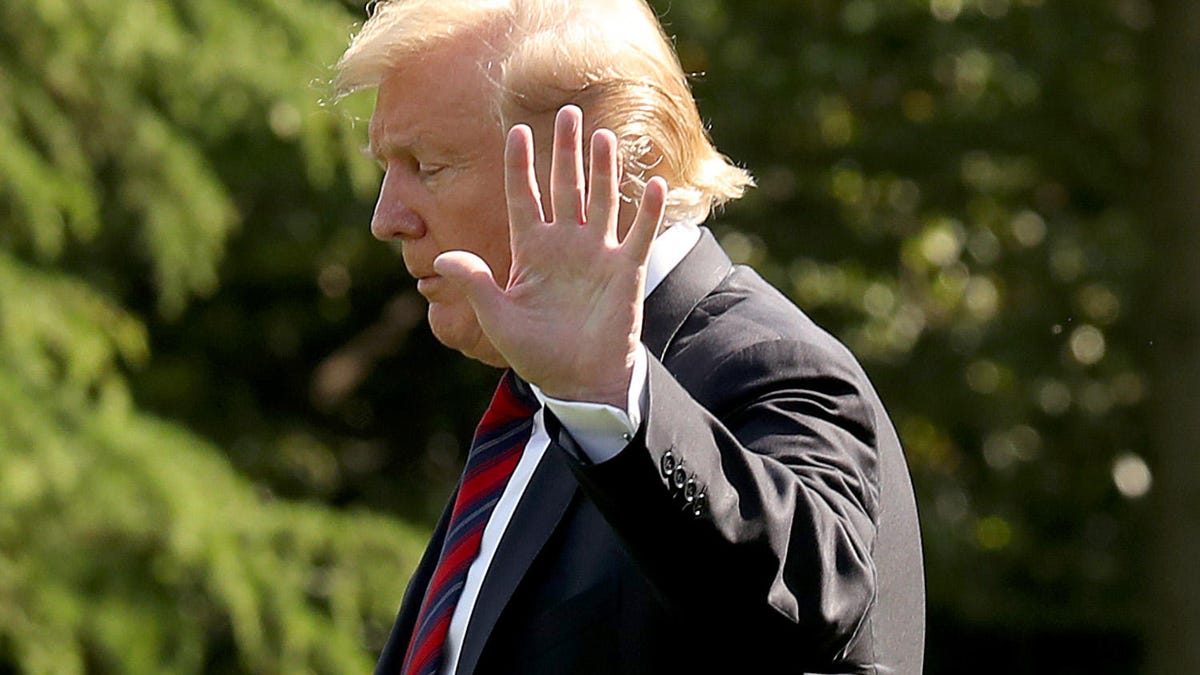White House punts on imported car tariff, decision delayed up to six months
This uncertainty isn't likely to sit well with any automaker.
Originally, the Trump administration had planned to make a decision whether or not to apply a tariff to imported cars and car parts in May. Now, it appears the uncertainty hanging over the auto industry will continue to hover around for a couple more months.
The White House has delayed its decision about an imported-car tariff, Reuters reports. The decision was originally expected by its Saturday deadline, but reports started circulating this week that President Trump would delay any decision making. Now, Trump will have up to six more months to make a choice about applying a 20 percent tariff on vehicles assembled in the European Union, under the guise of national security and protecting the US auto industry.
The idea of slapping a catchall tariff on all vehicles imported from Europe does not sit well with many. Last year, two advocacy groups comprising nearly every major automaker claimed that the tariffs would cost hundreds of thousands of jobs, slow the development of new technologies and make some cars unaffordable to buyers. Members of Congress on both sides of the aisle have signaled their disagreement with the potential new policy, as well.
Tariffs have already been a sticking point in the auto industry, because China and the US have been locked in a fledgling trade war for some time now. Tesla was recently denied a tariff exemption for its Autopilot computer, which is manufactured in China while the car itself is built in the US.
As for what happens next, it's anybody's guess. Bloomberg reported earlier this week that the Trump administration is seeking a deal with the EU and Japan that would limit the number of imports, but it's unclear if either overseas party is willing to agree to this. France's finance minister told CNBC this week that delaying the tariffs is "a wise decision," citing potential effects on the global economy.


